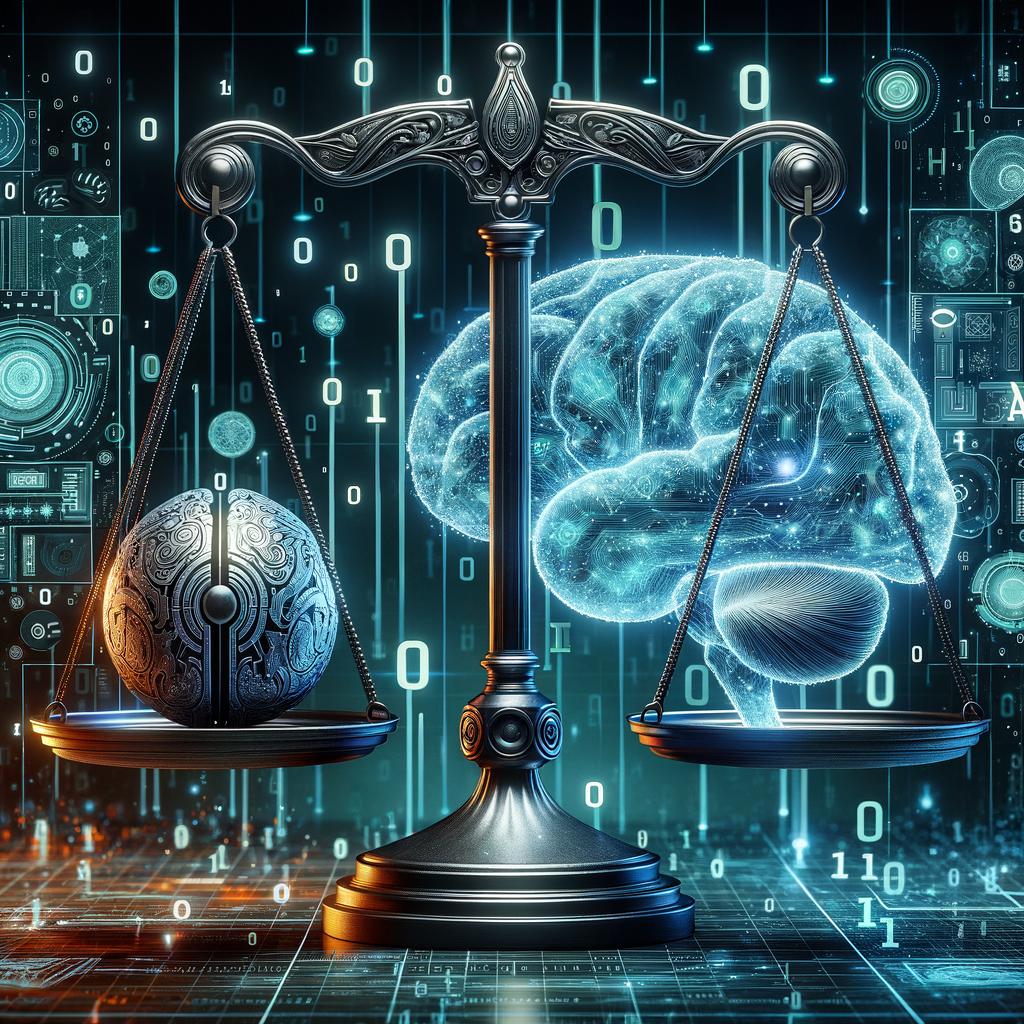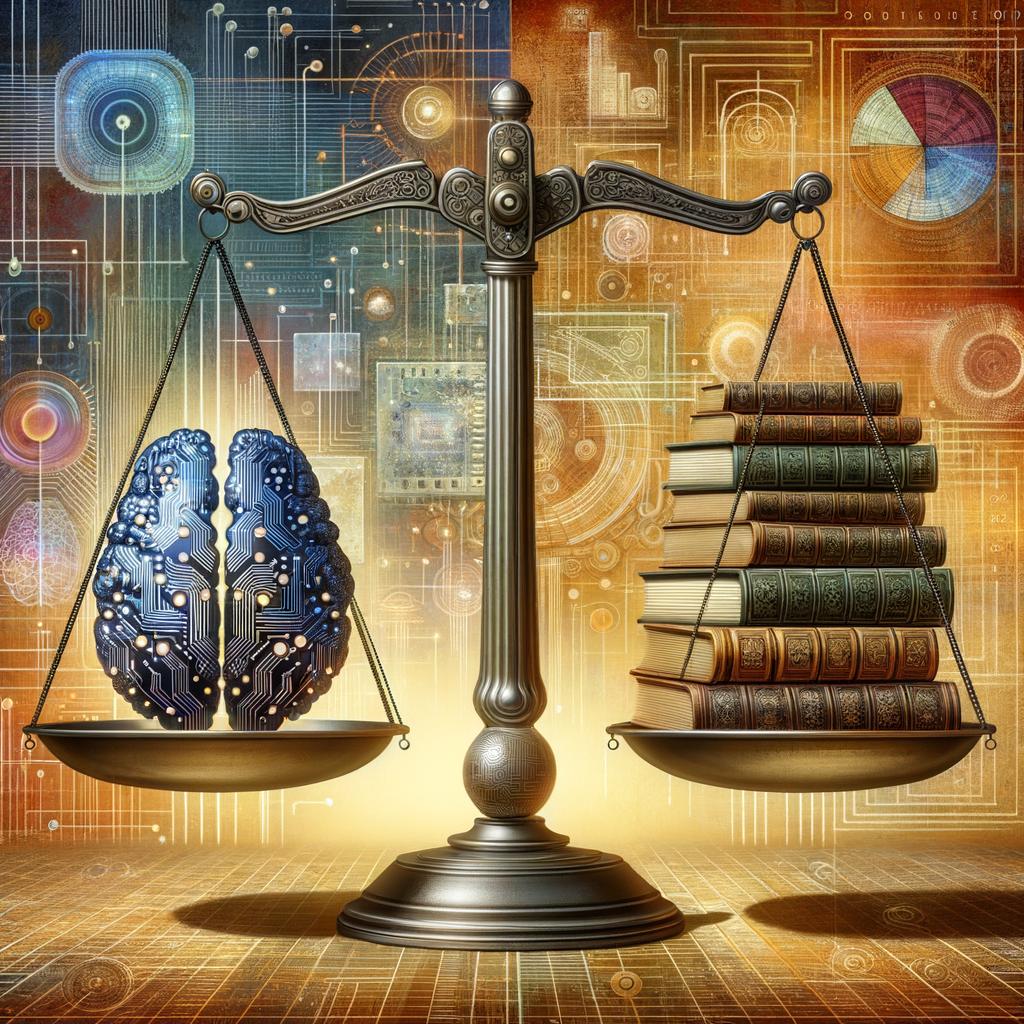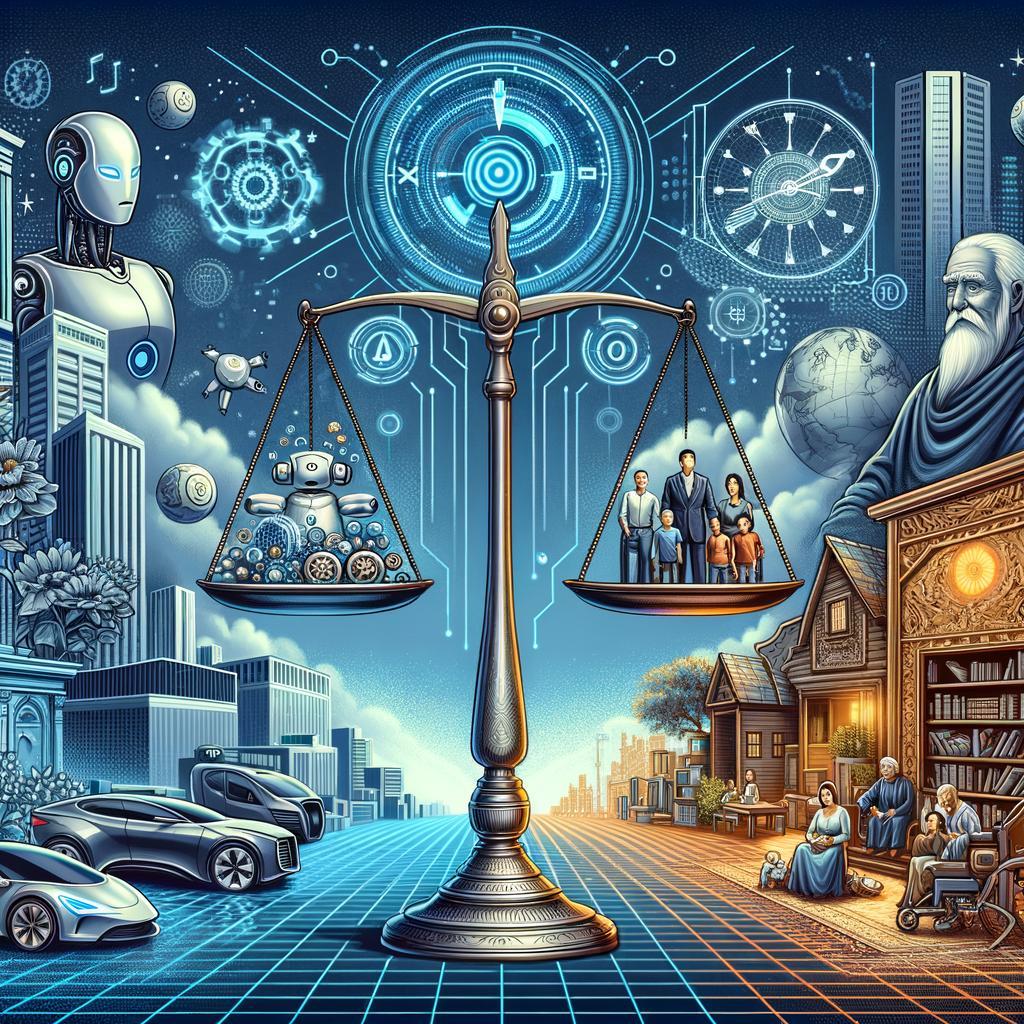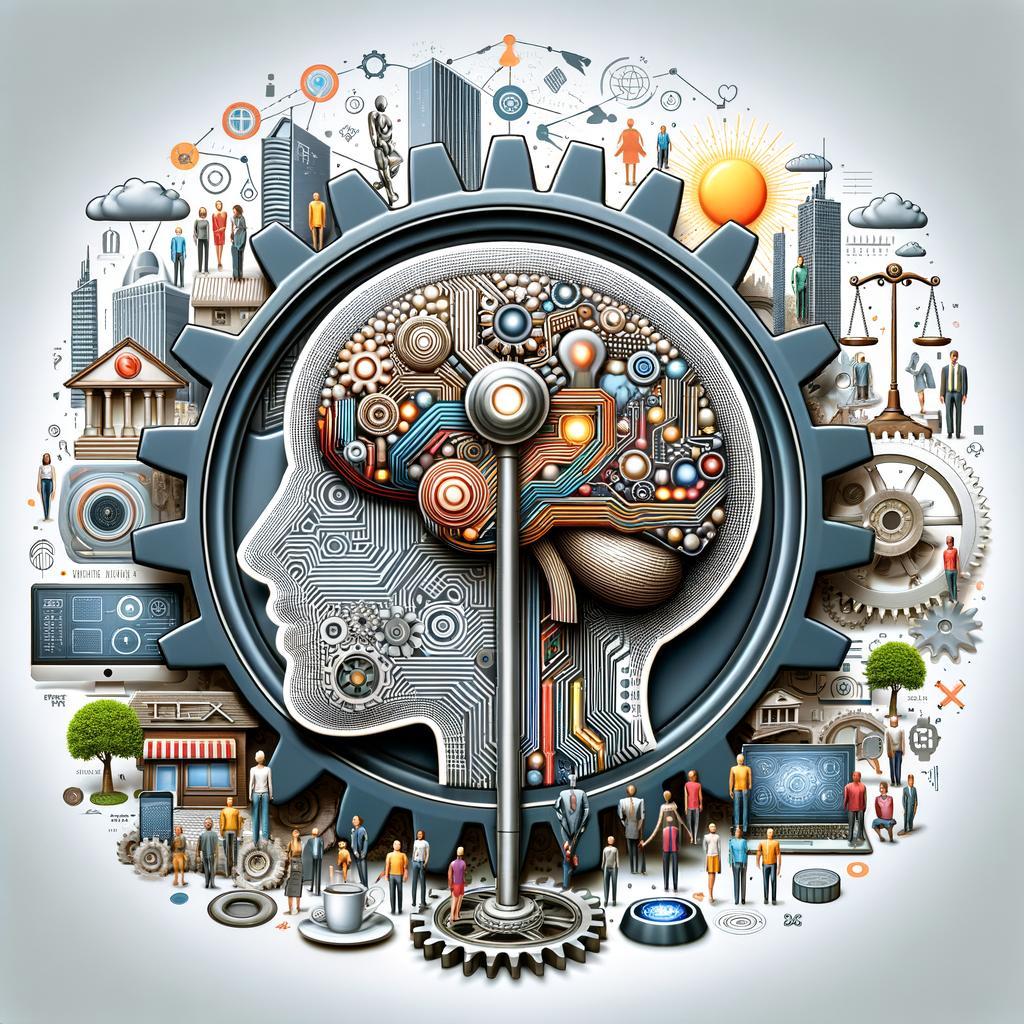In an era where artificial intelligence (AI) increasingly shapes our daily lives and industries, the need to balance innovation with ethical considerations has never been more crucial. As AI technologies advance at an unprecedented pace, they promise remarkable benefits—from enhancing healthcare outcomes to revolutionizing transportation. However, these innovations come with significant ethical implications that cannot be overlooked. Questions surrounding data privacy, algorithmic bias, and the potential for job displacement challenge us to rethink the frameworks that govern AI development and deployment. This article will delve into the pressing need for a harmonious integration of ethical principles within the landscape of technological advancement, arguing that a commitment to ethical practices not only mitigates risks but also fosters trust and acceptance among users. By navigating the complex interplay of innovation and ethics, we can unlock the full potential of AI while ensuring it serves the greater good of society.
The rapid advancement of artificial intelligence (AI) brings both unprecedented opportunities and significant ethical dilemmas. To harness the potential of AI responsibly, stakeholders in technology—developers, corporate leaders, and policymakers—must prioritize ethical standards that govern innovation. Implementing comprehensive frameworks to guide AI development is crucial. These frameworks should encompass transparency, accountability, and fairness, ensuring that technologies are designed with diverse perspectives in mind. In addition, fostering interdisciplinary collaborations among ethicists, technologists, and sociologists will enrich the discourse surrounding AI ethics, leading to more robust solutions that reflect the complexity of societal values.
Key strategies for embedding ethical considerations into AI innovation include: conducting regular impact assessments to evaluate the societal implications of AI applications; adopting inclusive design practices that account for marginalized voices; and establishing oversight bodies to monitor AI technologies and their deployment. Furthermore, it is vital to prioritize the creation of ethical training modules for AI practitioners, equipping them with the necessary tools to navigate moral quandaries that may arise during the development process. By championing these approaches, we can progress toward a future where AI serves humanity’s best interests while safeguarding our shared ethical landscape.
Insights and Conclusions
As we stand at the crossroads of rapid technological advancement and ethical responsibility, it is imperative that we approach the future of AI with both caution and determination. Balancing innovation with ethical considerations is not merely a challenge; it is a necessity. By prioritizing transparency, fostering an inclusive dialogue among diverse stakeholders, and implementing robust regulatory frameworks, we can harness the potential of AI while safeguarding our fundamental values.
Let us recognize that the decisions we make today will shape the landscape of tomorrow. By committing to ethical standards, we can ensure that AI not only propels us forward but does so in a manner that is equitable, just, and beneficial for all. The path to a responsible AI future is one paved with collaboration and integrity. It is our collective responsibility to ensure that as we innovate, we also uplift the ethical foundations on which this technology rests. Only then can we fully realize the promise of AI — a promise that enriches society while respecting the principles that bind us together.














